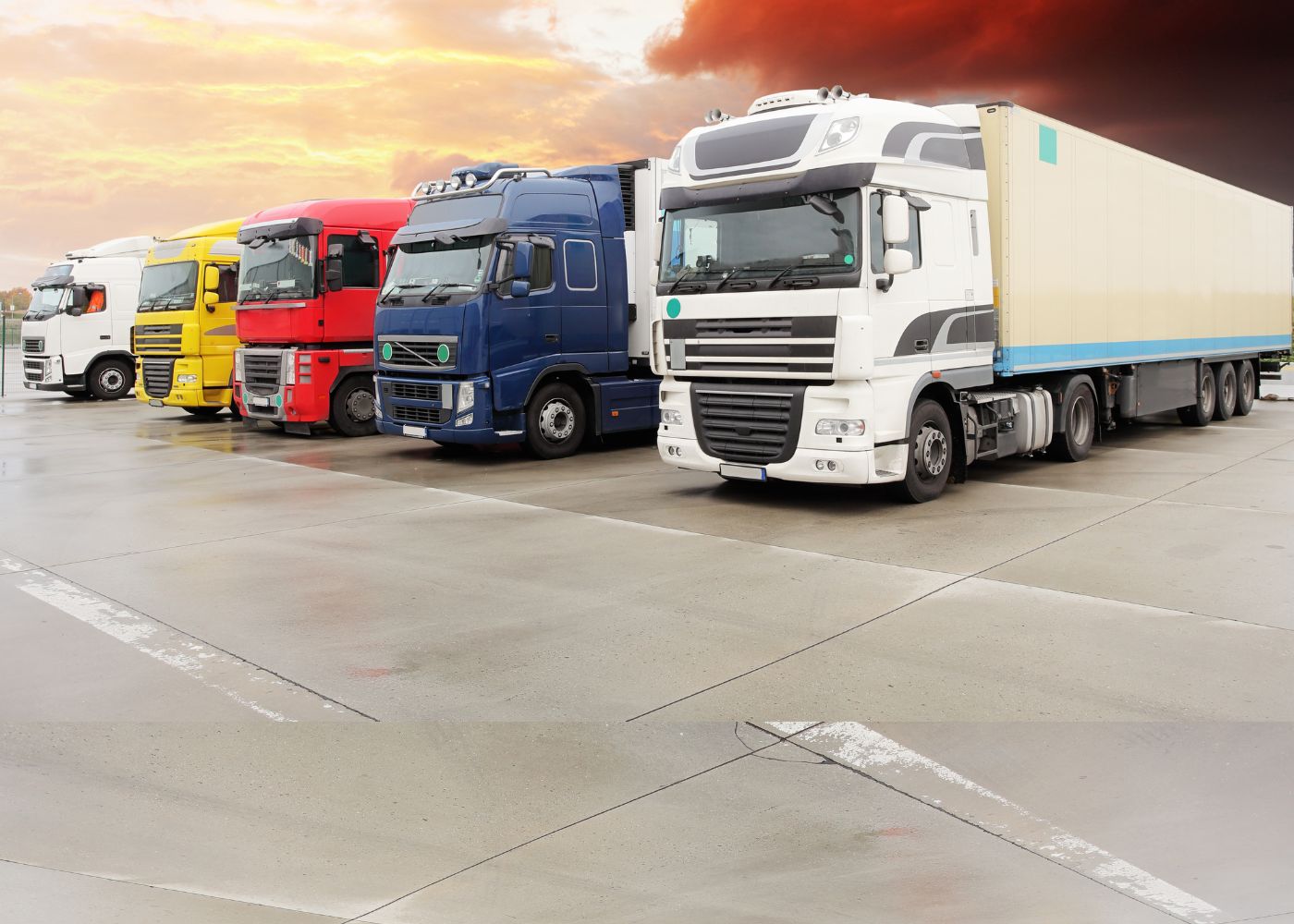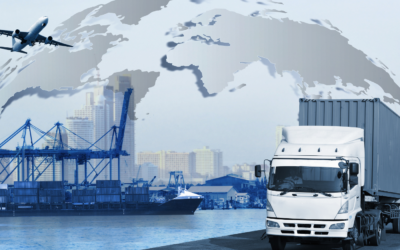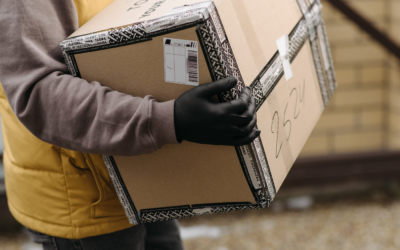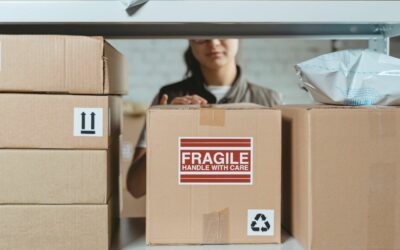Rising costs, staff shortages, tougher environmental requirements... The road freight industry has been facing a number of challenges in recent years. The geopolitical situation in Europe and the worrying conditions of climate change are not helping the situation of logistics companies. What are the constraints and prospects for road freight transport in 2024? We present the 6 main obstacles facing the sector. Is it possible for hauliers to meet these challenges while improving their quality of service? The answer is yes! And here's how.
1. Cost inflation for road freight transport in 2024
The Union des entreprises de transport et de logistique de France (TLF) has carried out a study on inflation in transport costs, excluding fuel, in 2024. It estimates that this rate could reach 6.8%. The heaviest items to bear are :
- overheads, with an expected increase of 6% ;
- personnel costs, with an estimated increase of 10%.
It is therefore important to optimize goods delivery operations to reduce the costs generated. Companies have an interest in massifying their flows to optimize their performance. Logistics pooling and outsourcing are becoming increasingly popular. Carriers have an interest in working together to limit empty transport and maximize loading on the outbound and return legs of each delivery.
2. Changes in fuel prices
In addition, transport providers face fluctuations in fuel prices. Inherited from the war in Ukraine in 2022, this constraint persists in 2024. As a result, these companies have to adjust their cost structures constantly, according to variations in the oil market. This generates unforeseen operating expenses.
Solutions do exist. The use of more fuel-efficient energies can mitigate the impact of fluctuating prices. Companies can also diversify their energy sources to make themselves more resilient.
3. The driver shortage continues
In France, 50,000 freight transport jobs are vacant. In Europe, the figure is 400,000. With the average age of truck drivers at 50, there will be an estimated 2 million vacancies by 2026.
Why is there such a shortage of truck drivers? This phenomenon has two main causes:
- Insufficient wages and difficult working conditions.
- Lack of attractiveness of the profession: a marked disinterest on the part of the younger generation due to the difficulty and emerging societal and environmental values.
To guarantee the next generation, transport companies are redoubling their efforts. In particular, they are focusing on making tasks easier thanks to new technologies and improving the quality of working life.
4. Transition to a sustainable logistics model
The transport sector is one of the most polluting. By 2030, the EU (European Union) has set a target for heavy goods vehicles of a 30% reduction in carbon emissions, compared with 2019. Consumers are also demanding more environmentally-friendly modes of transport. Many of them favor companies that are more committed to the environment.
Carriers and other logistics providers must adapt accordingly. Here are a few avenues that the road freight industry can explore to reduce greenhouse gas emissions and lessen its environmental impact.
Greening the fleet
Many companies are renewing their vehicle fleets. They are opting for 100% electric, plug-in hybrid or CNG (natural gas) trucks or vans. European regulations are planned to lower technological and manufacturing costs. Batteries, fuel cells and electric road systems, for example, are still too expensive for some companies.
Use alternative fuel sources
Renewable energies can power transport vehicles while limiting the carbon impact of road freight. Technological advances and regulations are expected to reduce the constraints of this use and make it more accessible.
Similarly, green hydrogen represents a way of driving without polluting. This solution is still too expensive, but could soon become more widespread. Alternative fuels also include B100, HVO and XTL synthetic fuels.
Pooling logistics operations
Empty loads account for 40% of road freight in France. Logistics pooling involves transporting heterogeneous parcels from different shippers in the same vehicle. The aim is to maximize the use of loading space and avoid empty transport. This massification has both ecological and economic benefits. However, it requires strict organization. That's why many companies and online stores are turning to logistics outsourcing.
5. Last-mile delivery
The last mile is the final phase in the transfer of a product to the consumer. With the rise of e-commerce, consumers are gradually abandoning the traditional purchasing route (from manufacturers to warehouses, then to stores). Demand for home delivery has exploded in recent years. What's more, buyers are demanding a more efficient and less expensive service.
This phenomenon creates organizational, ecological and economic challenges for companies and local authorities. To meet these challenges, these players are turning to more efficient methods such as AI (Artificial Intelligence), autonomous vehicles, cyclologistics and more.
Read our article on last-mile challenges and solutions.
6. Process automation, digitalization and digitization for the road haulage industry
76% of logistics providers are aware of the serious risks posed by neglecting technological advances. These are essential to a resilient and sustainable supply chain. They are fundamental to making informed decisions, anticipating crises, particularly geopolitical ones, responding to customer demands and maintaining competitive service quality.
Every carrier knows the importance of management software such as TMS (Transport Management System). But the emergence of new tools can transform logistics models. Generative AI and digital twins, for example, can think through and simulate different scenarios relating to a logistics network. The aim is to anticipate all events that may occur within the chain. In this way, logistics providers can react quickly and implement concrete solutions to manage the risks hampering their performance. This maximizes performance and service quality, while reducing costs.
Need to better organize the road transport of your goods? We can help you optimize your deliveries throughout France and abroad.
At D&figoupe, we are committed to offering our customers the best possible service. We use the latest technologies to optimize our logistics operations. We maintain a technology watch to keep abreast of all innovations. Thanks to a vast network of carriers, we can meet all your delivery needs, anywhere in the world. Our experienced customer service team proactively monitors all your shipments. They guarantee the safe arrival of all types of parcel.
Sources :





0 comments